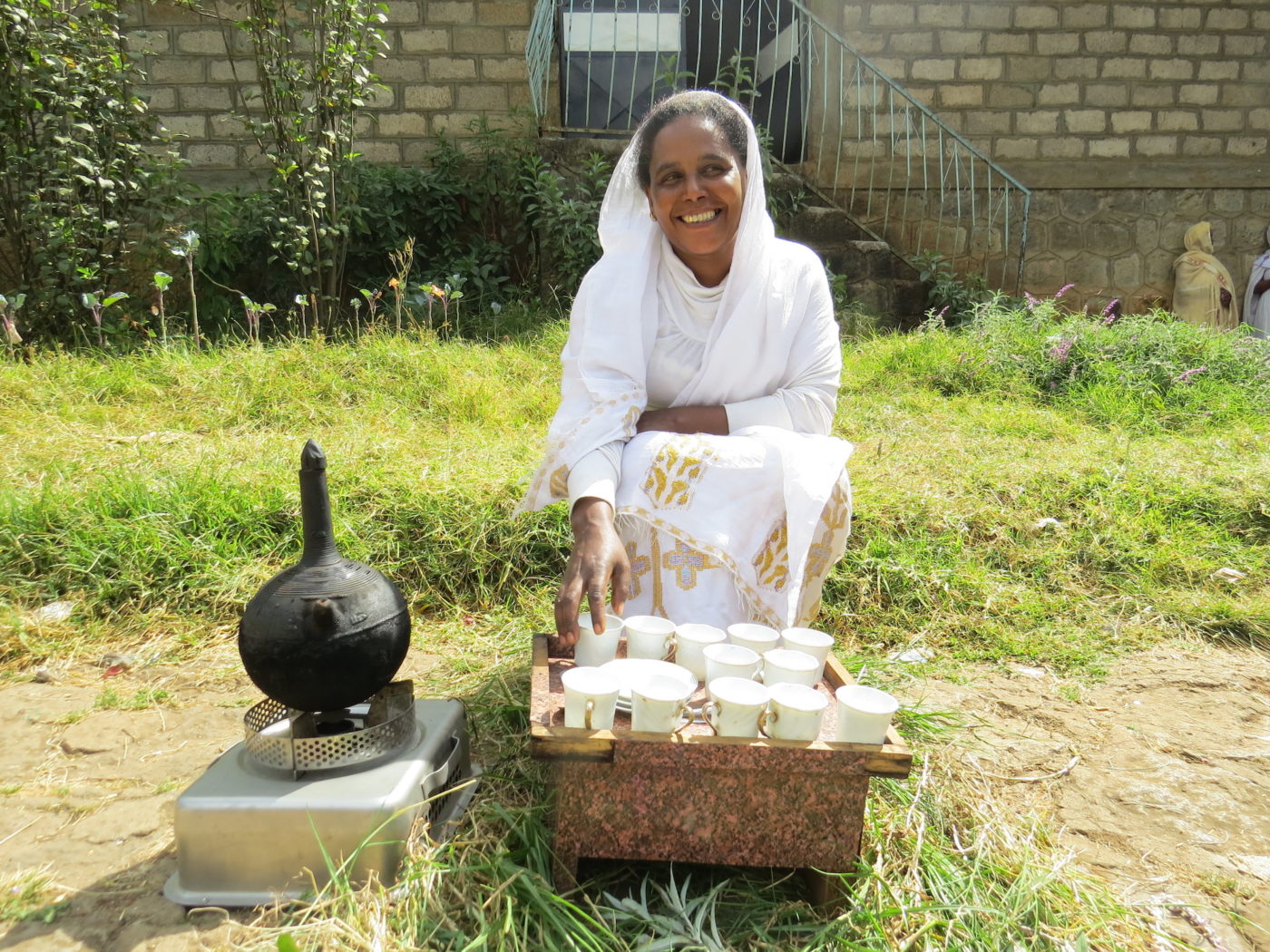
About Us
An agriculture and bioenergy venture, CleanCookAfrica is the tradename (DBA) of Southline Coast Ltd. with a mission to promote and distribute clean cooking alternatives at affordable prices, as well as, the biofuel necessary for their use. The company was organized to fill the gap for ethanol supply chains for clean cooking in West Africa by launching an ethanol/stove distribution business in Ghana comprising the production of fuel ethanol and the manufacture/assembly of low-cost CLEANCOOK stoves to serve the local and regional West Africa market of 380 million. Plans are underway for the establishment of an initial 10 Million-liters per year ethanol distillery in the Central Region of Ghana vertically integrated with a fully mechanized 8,000-acre feedstock cassava farm. The company’s mission includes developing large-scale cassava bio-economies in Ghana producing food and ethanol for cooking fuel to secure livelihoods.
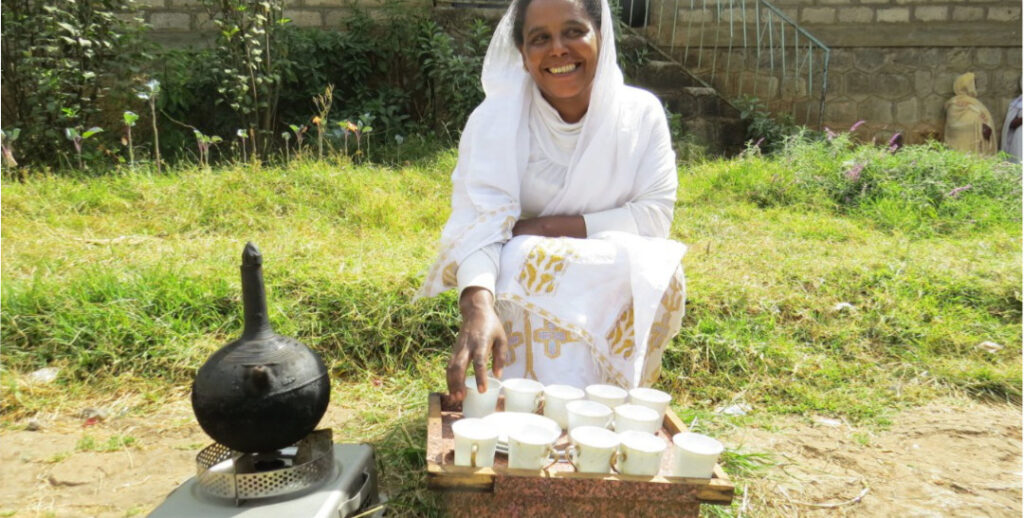
About Us
A bioenergy venture, CleanCookAfrica is the tradename (DBA) of Southline Coast Ltd., with a mission to promote and distribute clean cooking alternatives at affordable prices, as well as, the biofuel necessary for their use. The company was organized to fill the gap for ethanol supply chains for clean cooking in West Africa by launching an ethanol/stove distribution business in Ghana comprising the production of fuel ethanol and the manufacture/assembly of low-cost CLEANCOOK stoves to serve the local and regional West Africa market of 380 million. Plans are underway for the establishment of an initial 8.5 Million-liters per year ethanol distillery in the Central Region of Ghana vertically integrated with a fully mechanized 8,000-acre feedstock cassava farm. The company’s mission includes developing large-scale cassava bio-economies in Ghana producing food and ethanol cooking fuel to secure livelihoods.
We are working to discourage the use of fossil fuels such as kerosene and polluting biomass fuels such as wood or charcoal (which are causing high rates of deforestation) in favor of renewable biofuels. Nearly 600,000 people in Sub-Sahara Africa (over 28,000 in Ghana) die annually and millions more suffer from chronic illnesses caused by air pollution from inefficient and dangerous traditional cooking fuels and stoves. Conversely, cooking with clean alcohol fuels like ethanol and methanol has a major impact on health and the environment through significant emission and particulate reduction. Cassava is an ideal crop for industrial value chains because it has a high starch content and is easy to grow by commercial and small-scale farmers. The starch can be processed into many products including ethanol cooking fuel and products for food and industrial applications. Southline has secured 8,000 acres of agricultural land in the Central Region of Ghana and is utilizing carbon sequestration methods in its cassava production farming. The company has started farming on 1,000 acres and is currently releasing land for the establishment of nucleus farms and the involvement of 1,000 agricultural families, youth, and women to be registered and form an Out-growers Association for cassava farming.
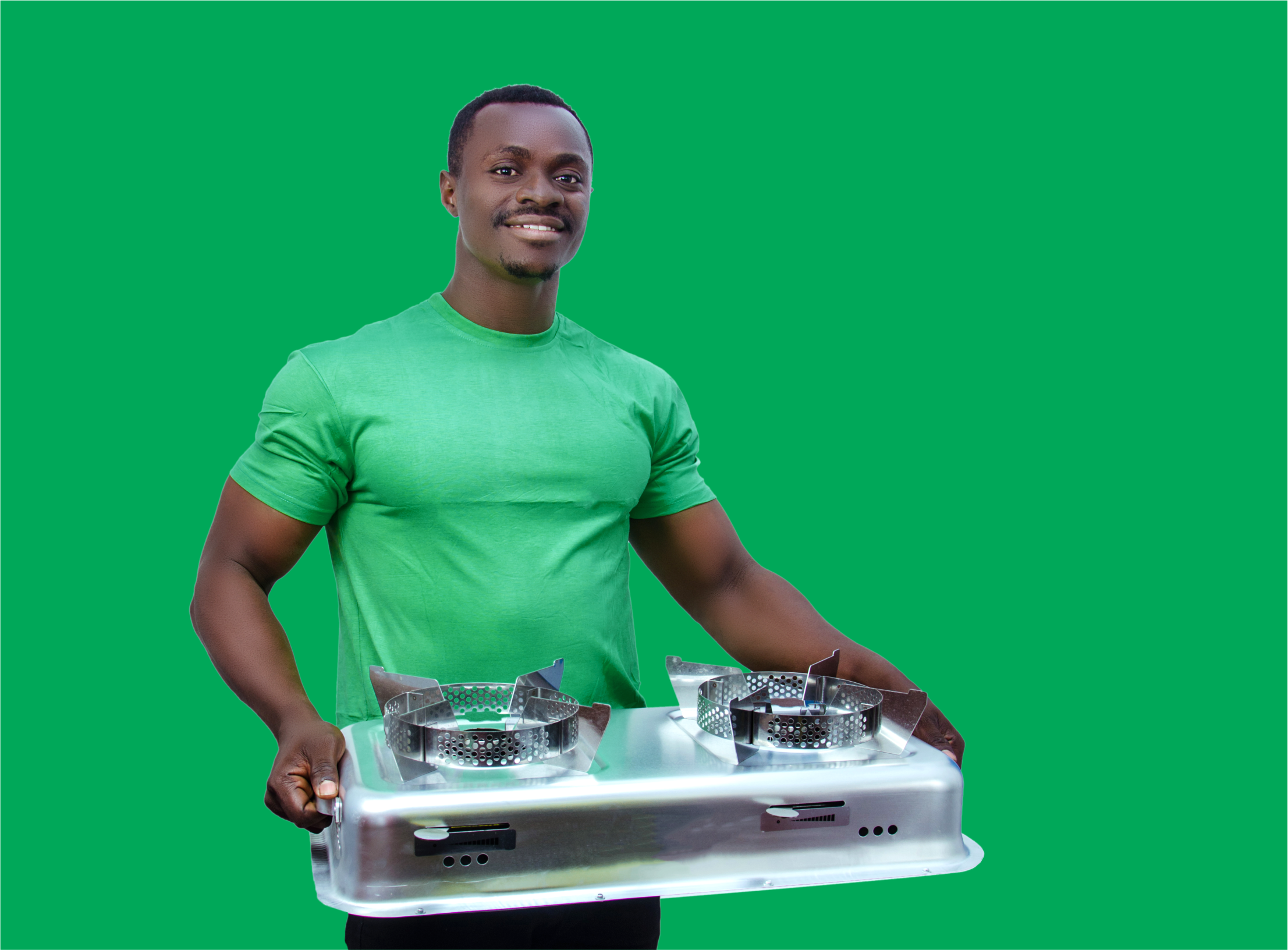
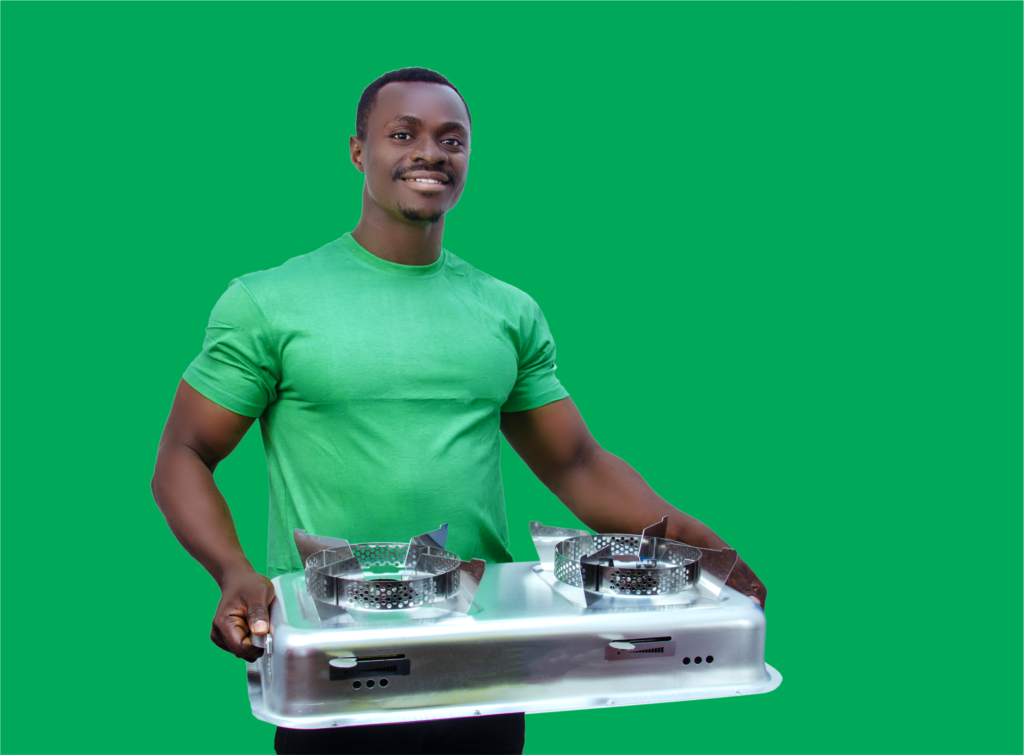
We are working to discourage the use of fossil fuels such as kerosene and polluting biomass fuels such as wood or charcoal in favor of renewable biofuels. Nearly 600,000 people in Sub-Sahara Africa (over 16,000 in Ghana) die annually and millions more suffer from chronic illnesses caused by air pollution from inefficient and dangerous traditional cooking fuels and stoves. Conversely, cooking with clean alcohol fuels like ethanol and methanol has a major impact on health and the environment through significant emission and particulate reduction. Cassava is an ideal crop for industrial value chains because it has a high starch content and is easy to grow by commercial and small-scale farmers. The starch can be processed into many products including ethanol cooking fuel and products for food and industrial applications. Southline has secured 8,000 acres of agricultural land in the Central Region of Ghana and is utilizing carbon sequestration methods in its cassava production farming. The company has started farming on 1,000 acres and is currently releasing land for the establishment of nucleus farms and the involvement of 1,000 agricultural families, youth, and women to be registered and form an Out-growers Association for cassava farming.
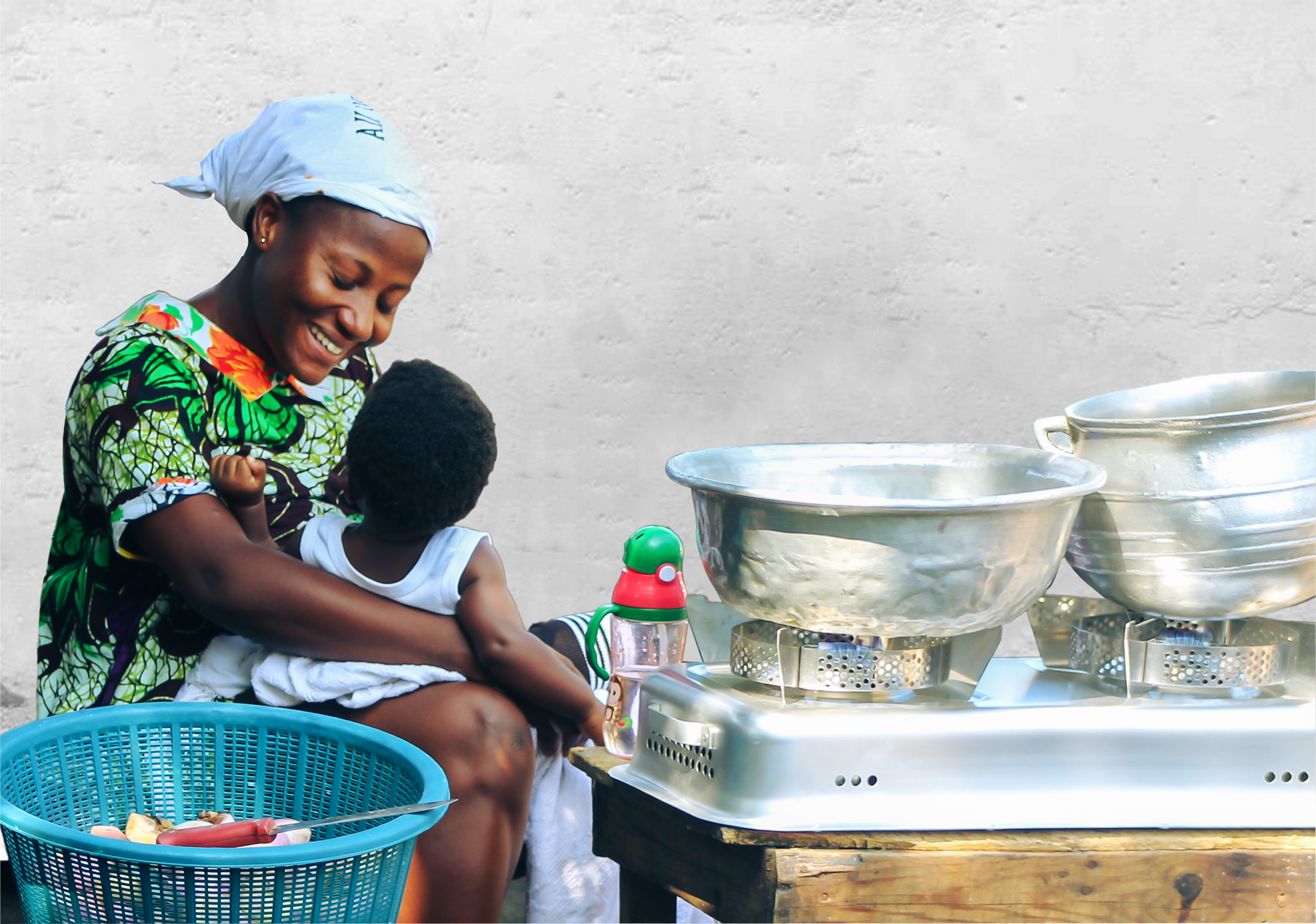
Socio-economic Impact of CleanCookAfrica
- The company’s Clean Cook ethanol stove saves 4 to 6 tons of CO2 per year replacing charcoal or firewood stoves: millions of tons of CO2 emissions will be avoided.
- Reduced consumption of wood leading to decreased deforestation and preservation of biodiversity in the region: thousands of hectares of forest preserved.
- Reduced need for wood means that women and children have more time for other activities such as education, community leadership, and entrepreneurship.
- Saving lives and improving health in the home: the absence of cooking smoke reduces the rate of respiratory and other smoke-related illnesses. The WHO attributes over 28,000 deaths per year in Ghana to exposure to smoke from polluting fires.
- The project would provide direct employment for thousands of farm families, youth and women in Ghana, and thousands more jobs in the ethanol distribution chain
- Brazil’s ethanol production industry employed 4 million workers in 2009. In the U.S. total direct and indirect ethanol production jobs are estimated at 375,000 and accounts for $44 billion in GDP, and $23 billion in household income. In Ghana, where farming and manufacturing are less automated, job creation from large scale ethanol production is expected to be much higher.
Socio-economic Impact of CleanCookAfrica
- The company’s Clean Cook ethanol stove saves 4 to 6 tons of CO2 per year replacing charcoal or firewood stoves: millions of tons of CO2 emissions will be avoided.
- Reduced consumption of wood leading to decreased deforestation and preservation of biodiversity in the region: thousands of hectares of forest preserved.
- Reduced need for wood means that women and children have more time for other activities such as education, community leadership, and entrepreneurship.
- Saving lives and improving health in the home: the absence of cooking smoke reduces the rate of respiratory and other smoke-related illnesses. The WHO attributes over 28,000 deaths per year in Ghana to exposure to smoke from polluting fires.
- The project would provide direct employment for over 1000 farm families in Ghana, with each farm family consisting of approx. 6 members (6,000 family members will benefit directly) and thousands more jobs in the ethanol distribution chain.
- Brazil’s ethanol production industry employed 4 million workers in 2009. In the U.S. total direct and indirect ethanol production jobs are estimated at 375,000 and accounts for $44 billion in GDP, and $23 billion in household income. In Ghana, where farming and manufacturing are less automated, job creation from large scale ethanol production is expected to be much higher.

Ghana has an extremely high rate of deforestation, losing over 25,000 hectares of tropical forest a year. This is equivalent to 5 football fields per hour! The major challenge for Ghanaians is the tightly woven relationship between the population, energy needs, health and deforestation.


Ghana has an extremely high rate of deforestation, losing over 25,000 hectares of tropical forest a year. This is equivalent to 5 football fields per hour! The major challenge for Ghanaians is the tightly woven relationship between the population, energy needs, health and deforestation.
Why Bioethanol for Cooking Fuel?
- Ghana has a need for more cleaner energy, and Bioethanol can be locally produced, on a large or small scale.
- The ever-increasing use of fuelwood and charcoal is impacting human health, local environments and contributing to climate change.
- There is no substitute to liquid fuels for efficiency, mobility and cost of delivery. Direct heating with liquid fuel is the cheapest, most efficient way to deliver energy for cooking, especially to hard-to-access areas.
- Kerosene is losing favor because it is a dirty, dangerous fuel. LPG, which is a good cooking fuel, can be difficult and expensive to deliver. Imported fuels demand scarce FOREX.
- Bioethanol fuel today is competitive with the cost of other fuels including charcoal and kerosene, and LPG when not subsidized.
- Bioethanol can enter the market without subsidies (but favorable VAT treatment is helpful).
- The market is huge — brings many new economic opportunities.
- Bioethanol uses existing distribution infrastructure.
- It helps the cassava and sugar industries, which are feedstocks for Bioethanol, become more competitive.
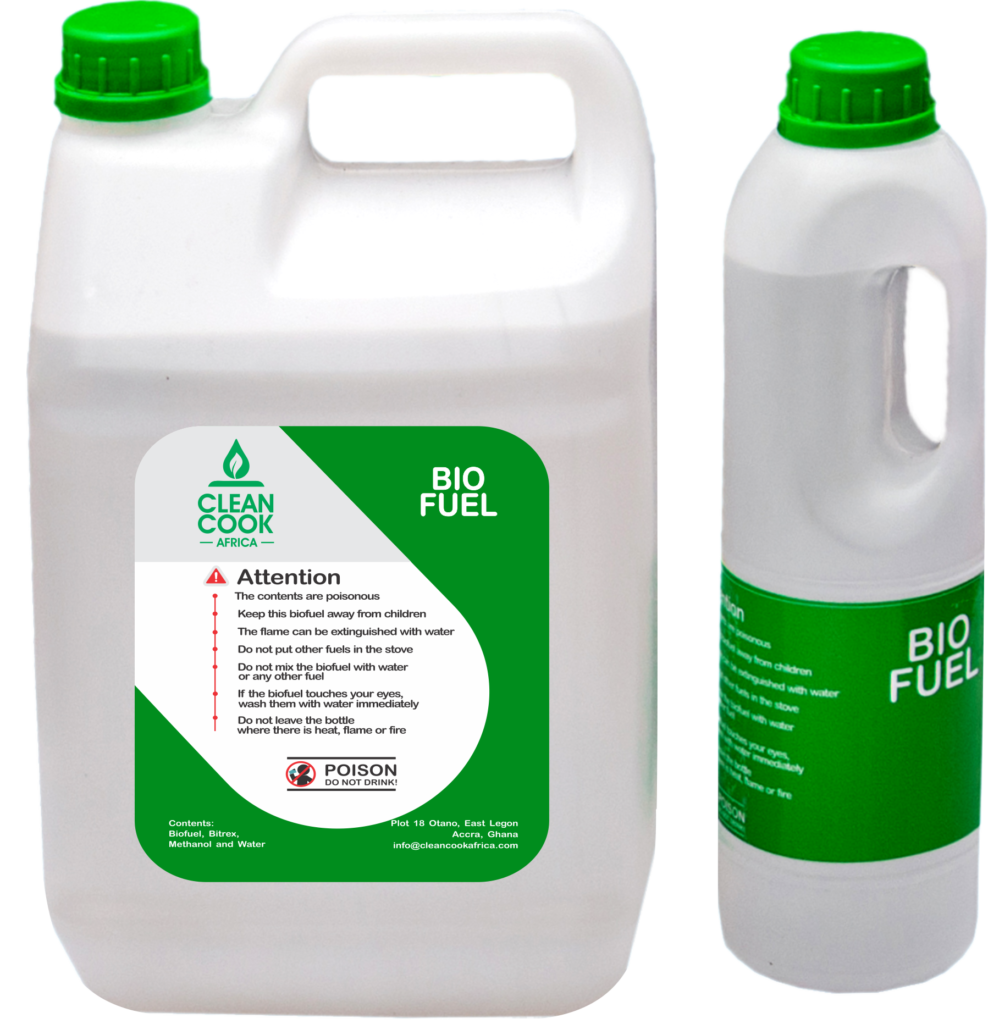
Why Bioethanol For Cooking Fuel?
- Ghana has a need for more cleaner energy, and Bioethanol can be locally produced, on a large or small scale.
- The ever-increasing use of fuelwood and charcoal is impacting human health, local environments and contributing to climate change.
- There is no substitute to liquid fuels for efficiency, mobility and cost of delivery. Direct heating with liquid fuel is the cheapest, most efficient way to deliver energy for cooking, especially to hard-to-access areas.
- Kerosene is losing favor because it is a dirty, dangerous fuel. LPG, which is a good cooking fuel, can be difficult and expensive to deliver. Imported fuels demand scarce FOREX.
- Bioethanol fuel today is competitive with the cost of other fuels including charcoal and kerosene, and LPG when not subsidized.
- Bioethanol can enter the market without subsidies (but favorable VAT treatment is helpful).
- The market is huge — brings many new economic opportunities.
- Bioethanol uses existing distribution infrastructure.
- It helps the cassava and sugar industries, which are feedstocks for Bioethanol, become more competitive.


Why Bioethanol For Cooking Fuel?
- Ghana has a need for more cleaner energy, and Bioethanol can be locally produced, on a large or small scale.
- The ever-increasing use of fuelwood and charcoal is impacting human health, local environments and contributing to climate change.
- There is no substitute to liquid fuels for efficiency, mobility and cost of delivery. Direct heating with liquid fuel is the cheapest, most efficient way to deliver energy for cooking, especially to hard-to-access areas.
- Kerosene is losing favor because it is a dirty, dangerous fuel. LPG, which is a good cooking fuel, can be difficult and expensive to deliver. Imported fuels demand scarce FOREX.
- Bioethanol fuel today is competitive with the cost of other fuels including charcoal and kerosene, and LPG when not subsidized.
- Bioethanol can enter the market without subsidies (but favorable VAT treatment is helpful).
- The market is huge — brings many new economic opportunities.
- Bioethanol uses existing distribution infrastructure.
- It helps the cassava and sugar industries, which are feedstocks for Bioethanol, become more competitive.
